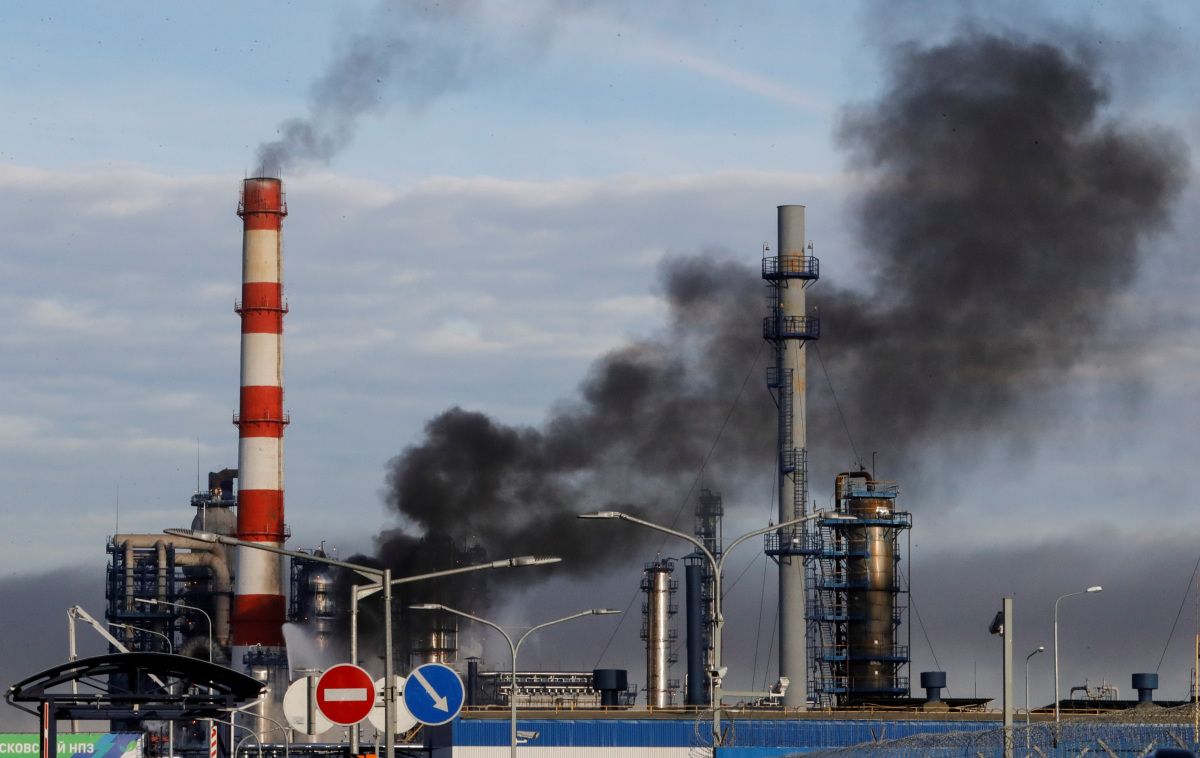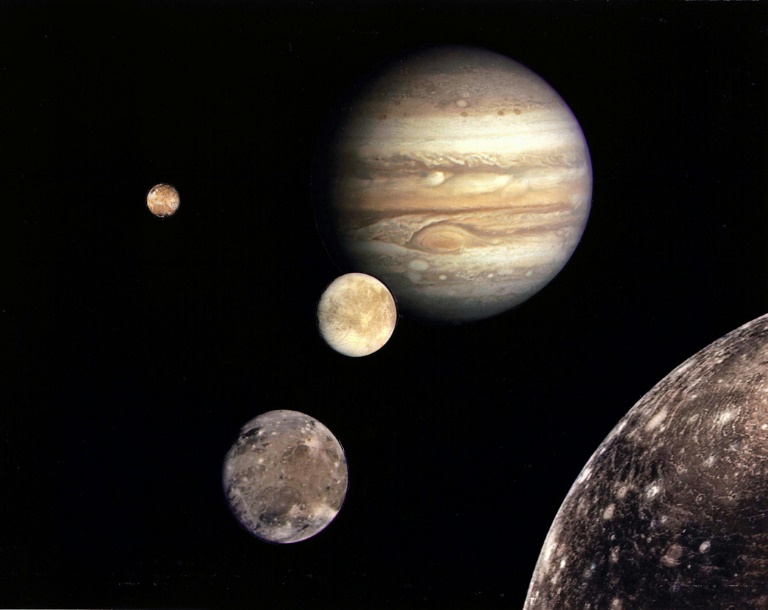After deciding to go ahead with the long-awaited plan to impose price cap on Russian oil last week, G7 countries have a difficult task ahead: convincing major oil buyers like China and India to go along with it, a critical factor for the plan to succeed. That’s why the EU, a non-enumerating member of the G7, urged the two countries to support the policy over the weekend.
But India and China don’t seem to be anxious to do so. Thus far, India has come out to say that it will be looking into the plan, but New Delhi doesn’t feel it has the moral obligation to support it.
China’s official media, Xinhua and Global Times, have been silent about EU’s request. In addition, Beijing doubts whether the plan will work, calling it a “fantasy.”
Chuck Flint, a former chief of staff to Sen. Marsha Blackburn, R-Tenn., thinks that India and China will continue buying Russian oil, lured by deep discounts. Furthermore, he sees both countries already on Russia’s side.
“They aren’t concerned with pressure from the G-7, as both are currently war gaming with Russian troops,” he told International Business Times in an email. “A price cap may have the unintended consequence of encouraging India and China to purchase more oil. In addition, it forces Russia to concentrate on markets in the East and potentially drop prices further.”
Craig Golinowski, the chief executive officer for Carbon Infrastructure Partners and a former oil and gas trader, is on the same page.
“Nations like India and China will continue to purchase Russian oil, gas and coal exports along with all the other commodities, including wheat and metals that Russia produces,” he told IBT in an email.
Moreover, he thinks that it would be impossible to cut off Russia — a large commodity producer — from the global market, especially in the emerging market world.
“In fact, China, India, and other developing markets will increase economic and financial ties with Russia,” Golinowski said. “Furthermore, as a result of the sanctions, Russian commodities will not be traded in dollars or euros, which will provide an opportunity for China to increase their currencies use as a global reserve currency.”
MEET IBT NEWS FROM BELOW CHANNELS
© Copyright IBTimes 2022. All rights reserved.







